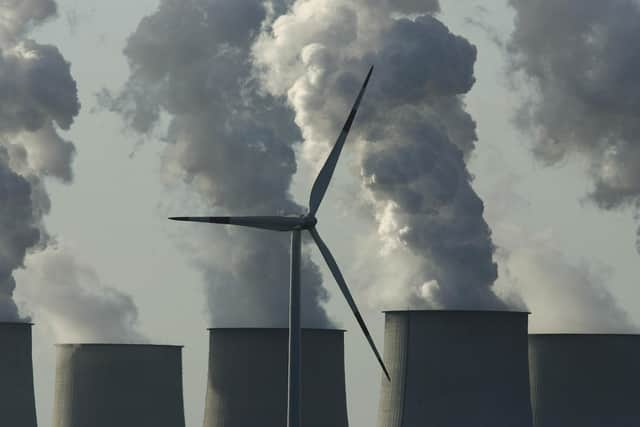Crisis anticipation is now a key business strategy - Andrew Henderson


Indeed, rather than hankering for a more familiar, stable and predictable political and economic outlook, in the age of “permacrisis”, savvy organisations have instead adapted to view external risk as a constant. Rather than simply focussing on how to respond to present crises, smart companies are looking to the horizon and assessing where the next risks (and indeed, opportunities) may spring from.
Of course, one crisis begets another, a prime example being the spiralling cost-of-living, which has arisen as the world has started moving again after another crisis – Covid. Layered upon and exacerbating this, Russia’s invasion of Ukraine has in turn generated myriad crises of its own.
Advertisement
Hide AdAdvertisement
Hide AdThis cause-and-effect dynamic affords business some assistance when scenario planning and identifying potential mitigants to deploy in the face of future challenges. However there will always remain the threat of “black swan” events, which can glide beneath the radar of even the most alert and long-viewed business.


One crisis which is now firmly lodged in the minds of business as immediate, pressing, and here to stay though, is the climate emergency. Despite a lull in media attention since its peak around COP-26 last November, businesses know that action needs to be taken and, with few exceptions, are now pedalling fast to deliver.
However, the sheer scale of the climate emergency and the level of response required from organisations to meaningfully play their part in addressing it, makes the task both daunting and fraught with risk of its own.
With new mandatory climate reporting requirements introduced last month for certain large organisations, and more in the post for next year which will impact a much wider portion of the business world, companies must ready themselves with urgency.
Layered upon this compliance risk is that of perception and reputation. Customers are rightly placing high expectations on the business world to step-up and lead on the drive to Net Zero. In turn, businesses are keen to communicate the action they are taking (which in many regards is actually outpacing the work of government) and evidence their commitment to the ESG agenda.
Such has been the subsequent volume of climate-related corporate marketing, that by the time of COP-26, environmental messaging had become less of a differentiator and more a hygiene factor for big business.
This prevalence of sustainability-focused marketing, coupled with the advent of mandatory reporting, exposes organisations to accusations of “greenwashing” if they are judged, or perceived, to be over-reaching in their claims about the impact or depth of their climate action.
Greenwashing allegations can cause great harm to an organisation. Whilst ultimately stemming from a global crisis, the damage they do is highly targeted and local to the organisation in question. This should not be cause for paralysis or a lack of ambition, but rather a trigger for businesses who are rightly scanning the horizon for the next external risk, to also invest effort internally, so as to ensure future crises do not emerge from within.
Andrew Henderson, Director of Public Policy, Pinsent Masons
Comments
Want to join the conversation? Please or to comment on this article.